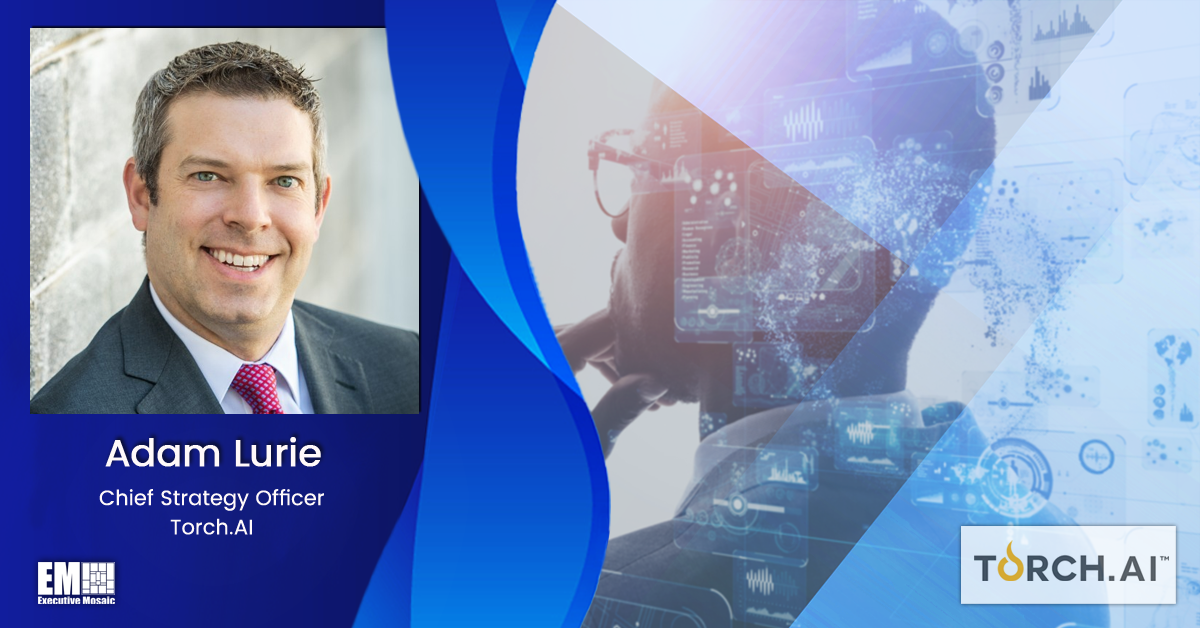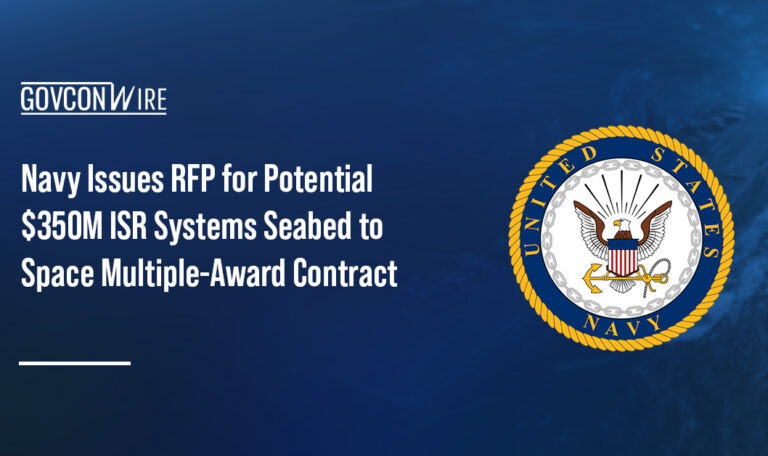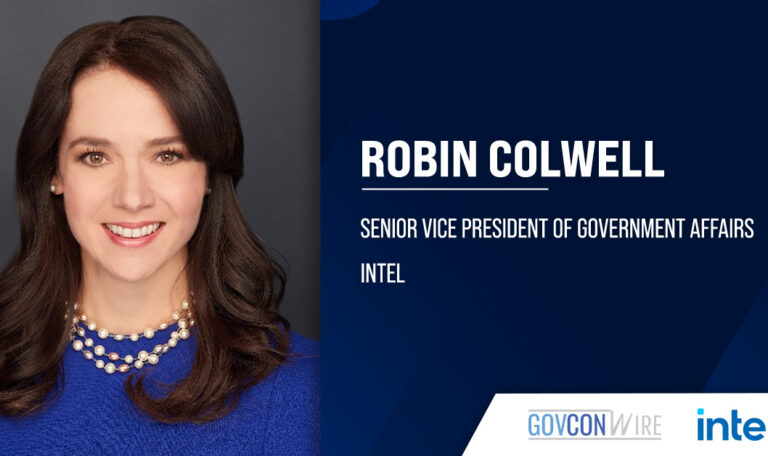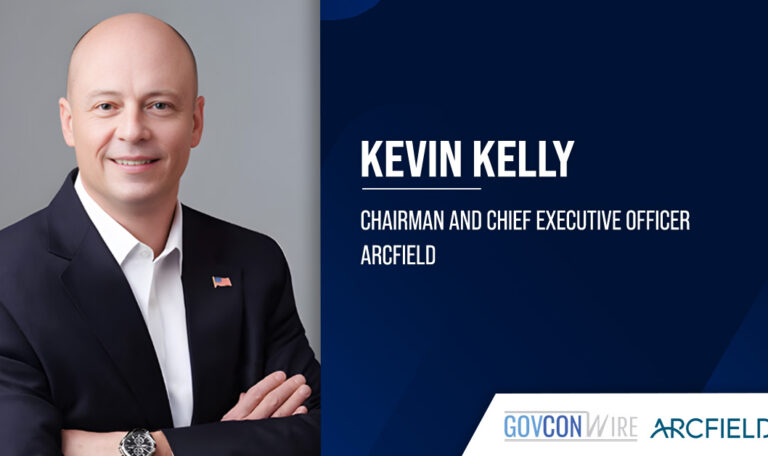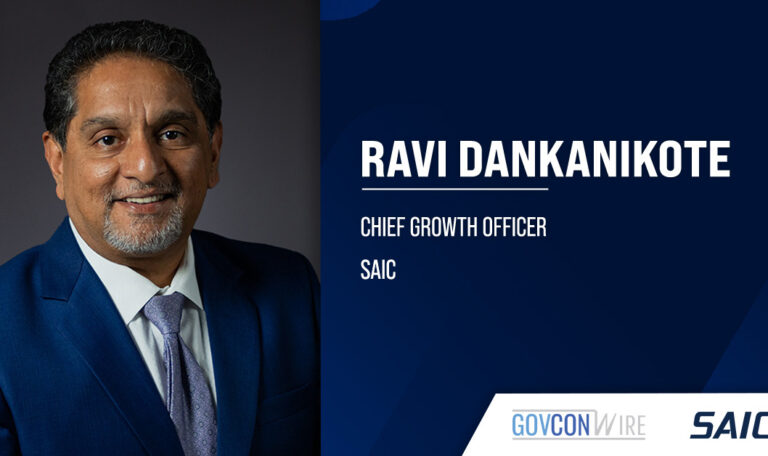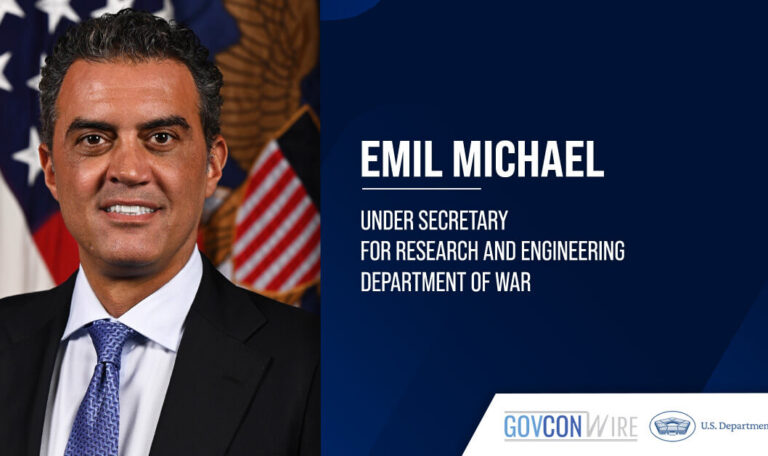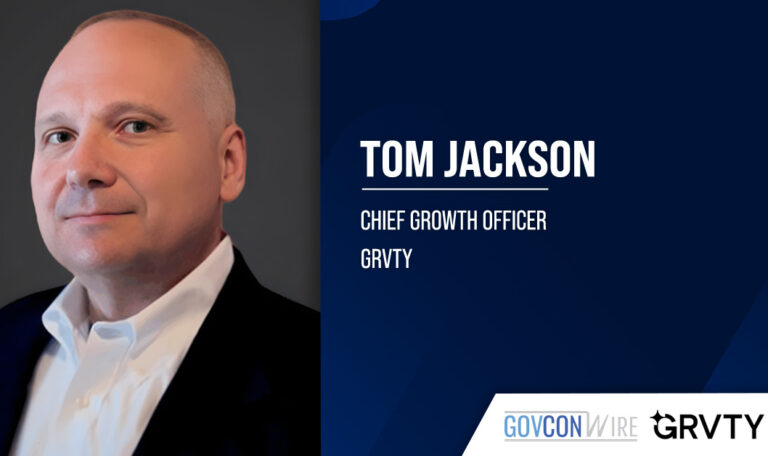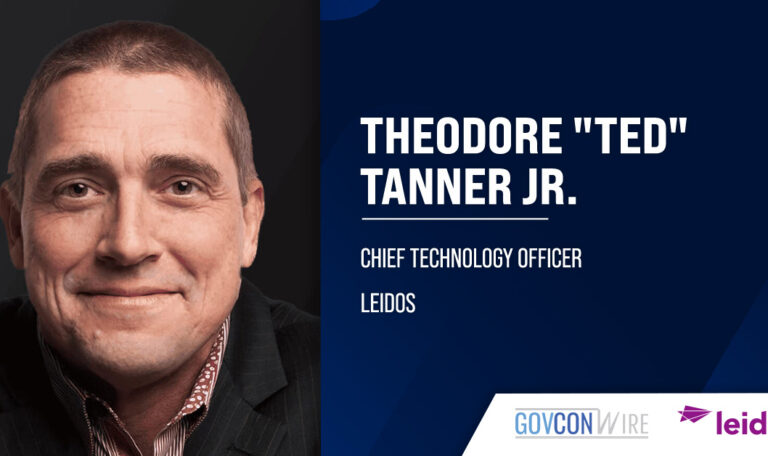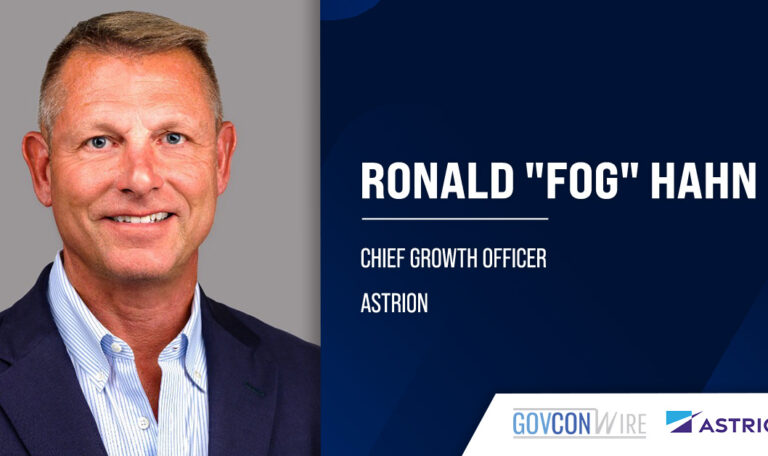Adam Lurie believes in the power and potential of artificial intelligence, specifically in its ability to revolutionize the activities of the government. The technology executive started as a background investigator conducting security clearance investigations, spending over a decade serving the security wings of various U.S. federal agencies. Following the first act of his career, Lurie chose to apply his time and energy toward how best to use technology to transform the way the government does business.
Lurie subsequently launched and led the federal business of a social media analytic company that harnessed open-source data to determine risk. It was through this that Lurie became interested in analytics and, after becoming involved in a series of mergers and acquisitions via his work in the “high-speed, high-growth technology world,” he came into the role of chief strategy officer at Torch.AI.
In his Executive Spotlight interview, Lurie discussed the various uses and potential impacts of AI, what matters to customers about automated technology, as well as Torch.AI’s recent growth maneuvers.
What can you tell us about the company’s recent growth initiatives and how you’re driving value for your customers through contract awards, acquisitions and other aspects across the federal sector?
Torch.AI is using artificial intelligence to solve a massive data problem. Every executive at every agency and large commercial enterprise looks around and says, “Give me insights on all of my data..” But the problem is that this information exists in disparate data warehouses and locations. It’s siloed and in different formats. The standard process subsequently involves duplicating the data, tagging it and moving it into a new location. But the moment you store the data, execute on that approach, the data in your new storage spot is already outdated.
At Torch.AI we created an AI-enabled data infrastructure pipeline that leaves data in its authoritative source and extracts the appropriate features or objects from it. In effect, this allows the U.S. government and large enterprises to create analysis and insights at the speed of the data–not at the speed of a project.
What can you tell us about the implementation of recent acquisitions you’ve made and how they’ve benefited your portfolio, technical capabilities and driven value for your company and customers?
When we target acquisitions, we look at organizations with a very specific customer set and with access to a tremendous amount of data. When we find those two qualities, we can be confident that the company has a hyper understanding of their customer’s mission set and the use case is strengthened by the insertion of AI technology.
Over the last year, Torch.AI has carried out two acquisitions. We purchased a company called DataTech Group that’s performing work at the Defense Information Systems Agency, and a company called B23 that’s performing at the Navy. Both companies have tremendous insights into several mission-critical government use cases. We’ve been able to leverage the insight, information and knowledge capabilities of our platform to further support the mission of our clients.
One of the challenges with communicating AI solutions is that many people don’t care about how actual technology works. They care whether the technology provides value. Are we providing speed to decision? Are we providing cost efficiencies? Is there a better qualitative outcome? That’s what’s important about leveraging innovative technology. Our ability to find companies that truly understand the government use case a at a deep level enables us to leverage the full potential of AI rather than just saying, “Our technology is great for technology’s sake.”
With federal agencies working to implement the latest trends in technology such as AI, 5G, cloud and many others, what are your thoughts on the success and challenges that government agencies are dealing with to stay ahead of innovation to establish the U.S. as THE global leader?
Three trends or topics come to mind: speed to acquisition, outcome-based decision making, and the ability to recruit and retain talented people. If you think about the speed of innovation and how commercial companies are building high-performance AI, it’s astounding. The way that government procures capabilities like this makes it hard if you’re going to spend years talking about an acquisition model.
As I mentioned before, AI technology needs to focus on outcome and provide clear mission results. Nobody cares if the technology is at the bleeding edge if it doesn’t provide inherent value. The more people talk about AI as a capability and how it benefits a user, an agency, and the population, the easier it will be for AI to continue to gain adoption.
The last piece is talent. While it has been discussed ad nauseum, there’s still a tremendous talent void when you think about the types of STEM talent who need to be building these capabilities. One of the unique things about Torch.AI is we are headquartered in Kansas City, which has an exceptionally strong STEM community. In fact, the Kansas City area has attracted significant tech talent in the past decade – outpacing much larger cities like Chicago, Denver, Seattle, and New York City. Of course, we also maintain offices in Washington D.C., but the geographic diversity gives us considerable flexibility when it comes to finding the right people.
With artificial intelligence and machine learning impacting most industries and the U.S. military dramatically as we move forward, what has impressed you the most about the technology’s capabilities to improve decision making across the federal sector and all areas? In addition, how can AI be used to address some of the biggest challenges you see in your industry?
AI is a perfect application to support the mission of the government. When you pull back the bureaucracy, the administration, and the politics, advanced technology and AI will be used to provide value for the population of the U.S. Whether it’s protecting our national security through the Department of Defense or delivering enhanced healthcare services through the Centers for Medicare and Medicaid Services, AI has the capability of improving the quality of life for everyone receiving critical services from the U.S. Government.


